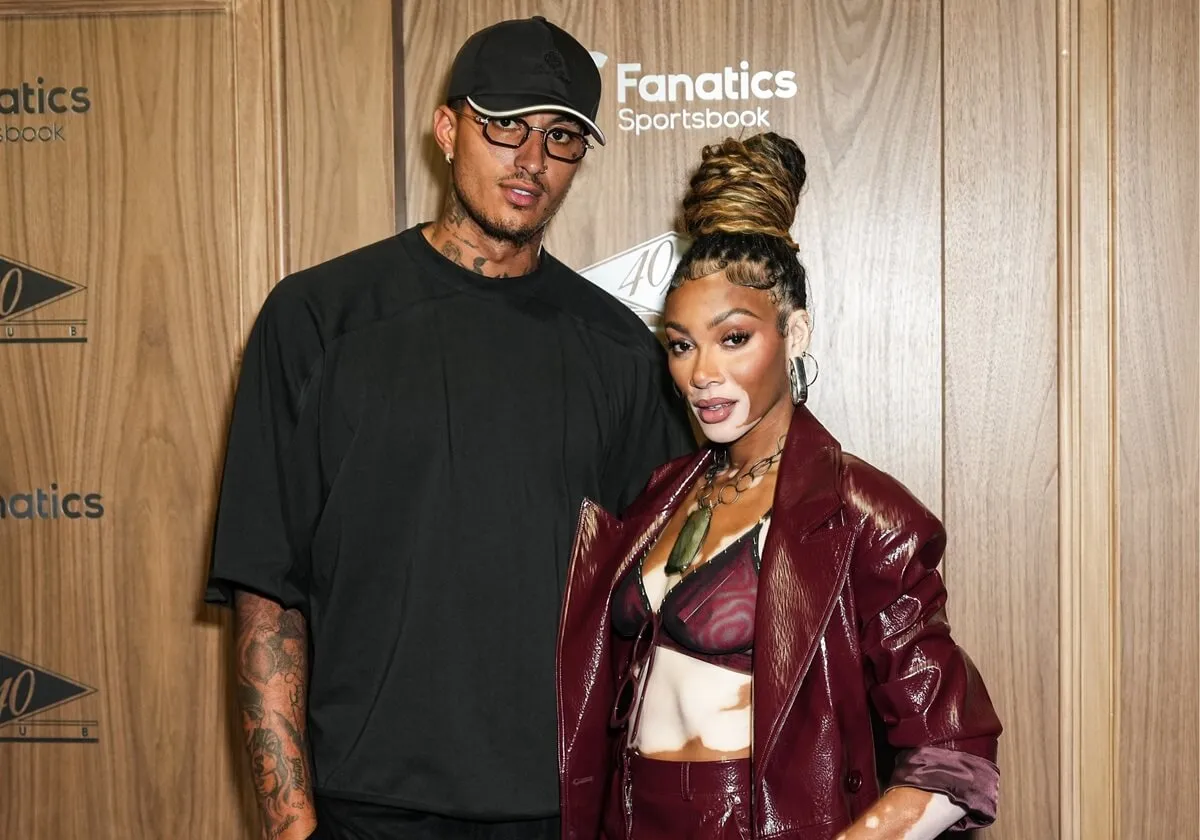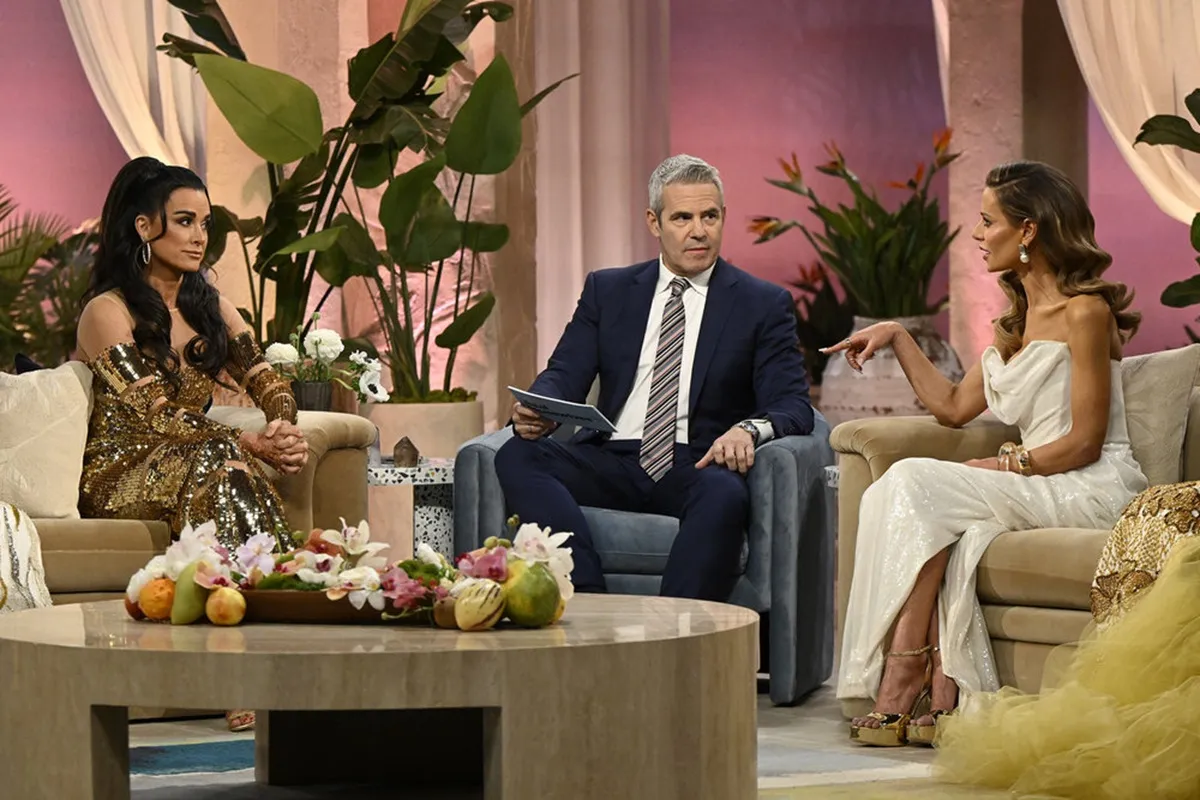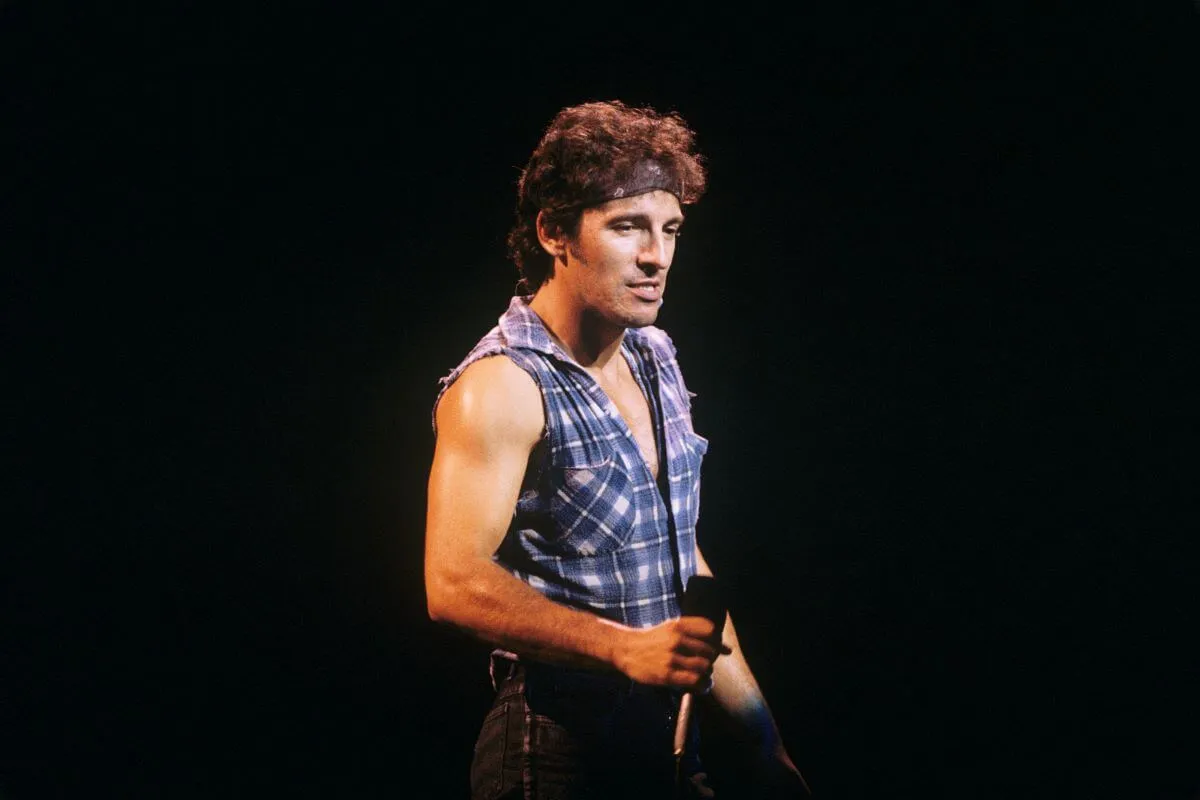
Bruce Springsteen Said He Was ‘Socially Homeless’ Growing Up
Bruce Springsteen is one of the biggest rock stars in the world, and he said that the people he knew growing up likely wouldn’t have predicted this. According to Springsteen, very little of his cool factor was present when he was a child. He said he was the target of bullies and was, in his own eyes, a “loser.”
Bruce Springsteen said he dealt with bullies growing up
When Springsteen was growing up, his family moved in with his grandparents. He believed this style of upbringing set him apart from his classmates.
“No matter how much I want to, no matter how hard I try, ‘the way things are’ eludes me,” he wrote in the book Born to Run, adding, “I desperately want to fit in, but the world I have created with the unwarranted freedom from my grandparents has turned me into an unintentional rebel, an outcast weirdo misfit sissy boy. I am alienating, alienated, and socially homeless … I am seven years old.”
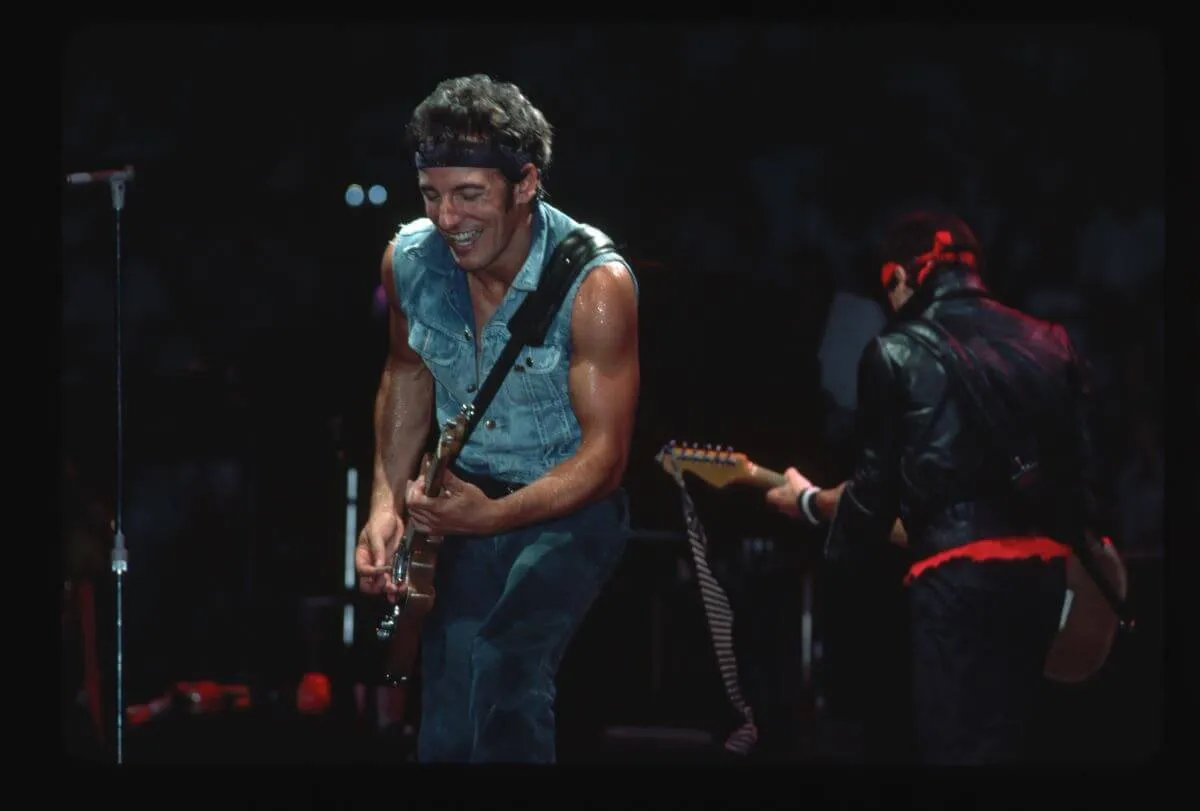
He said that this made him a target for bullies. When looking back, he believed this set him up for success as a musician.
“Amongst my male classmates, there are mainly good souls. Some, however, are rude, predatory, and unkind,” he wrote. “It is here I receive the bullying all aspiring rock stars must undergo and suffer in seething, raw, humiliating silence, the great ‘leaning up against the chain-link fence as the world spins around you, without you, in rejection of you’ playground loneliness that is essential fuel for the coming fire.”
Bruce Springsteen said he had a lot of female friends while growing up
While the boys in his class rejected him, Springsteen said he had far better luck forming friendships with the girls.
“The girls, on the other hand, shocked to find what appeared to be a shy, softhearted dreamer in their midst, move right onto Grandma’s turf and begin to take care of me,” he wrote. “I build a small harem who tie my shoes, zip my jacket, shower me with attention.”
He said this dynamic didn’t last long, though. People didn’t seem as interested in him as they got older.
“Of course, a few years later, when sex rears its head, I’ll lose my exalted status and become just another mild-mannered loser.”
He said his music taste made him a target for bullies
In the 1960s, Springsteen discovered The Beatles. He loved their music, but he also wanted to look like them.
“All it said was Meet the Beatles. That was exactly what I wanted to do,” he wrote. “Those four half-shadowed faces, rock’ n’ roll’s Mount Rushmore, and . . . THE HAIR . . . THE HAIR.”
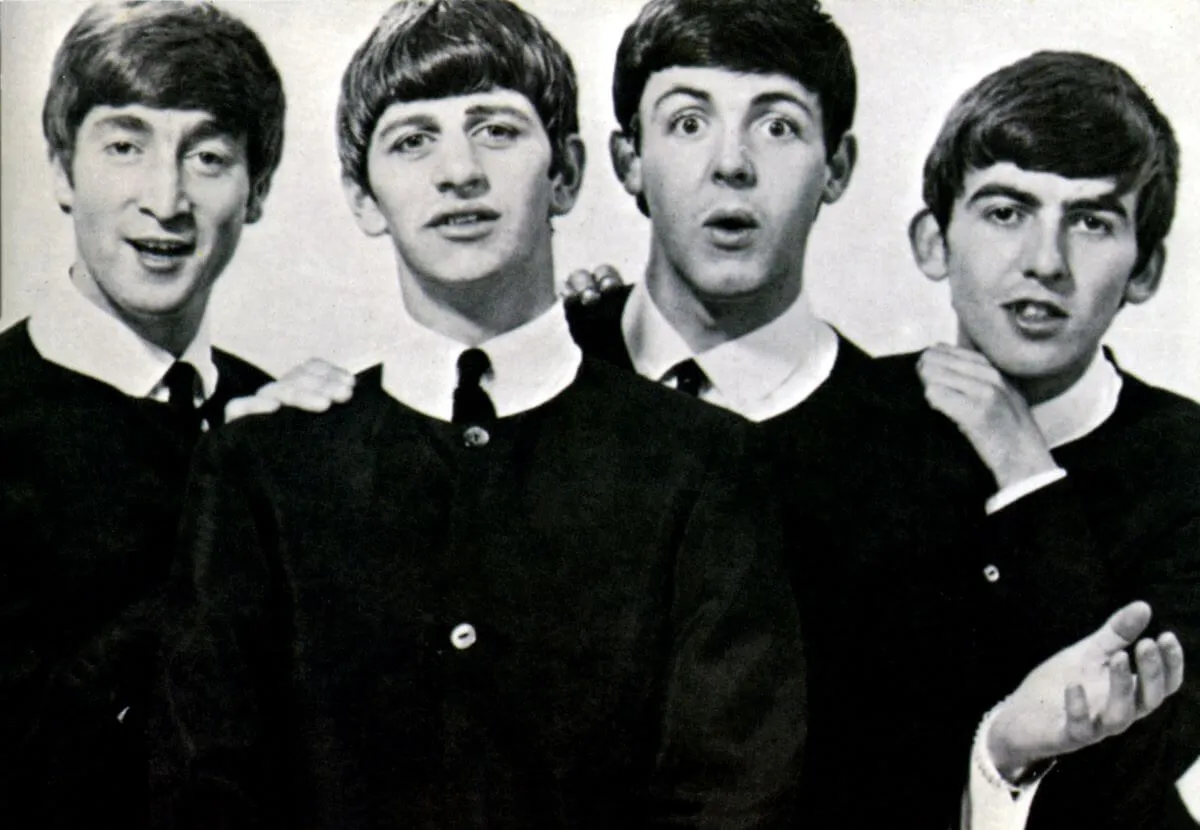
While The Beatles were the most popular band in the world, their look did not go over well in Springsteen’s New Jersey town.
“The a** whippings, insults, risks, rejections, and outsider status you would have to accept to wear it,” he wrote. “In recent years, only the punk revolution of the seventies would allow small-town kids the ability to physically declare their ‘otherness,’ their rebellion. In 1964, Freehold was redneck ugly and there was no shortage of guys who were willing to make their rejection of your fashion choices a physical affair. I ignored the insults, avoided the physical confrontations as best I could and did what I had to do.”
